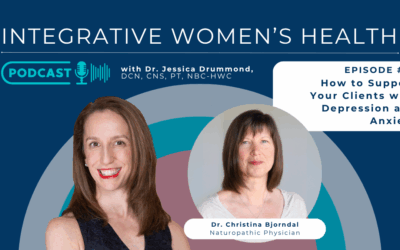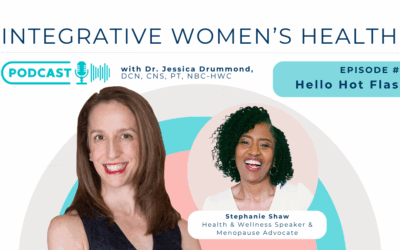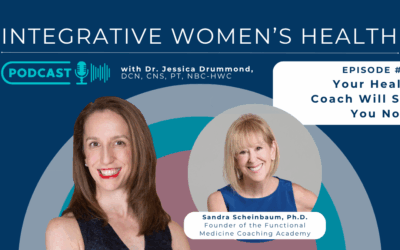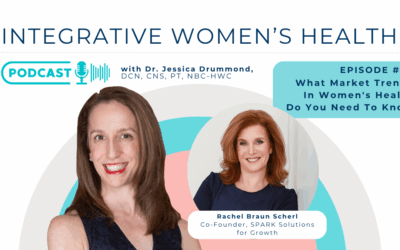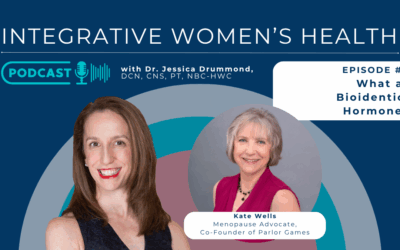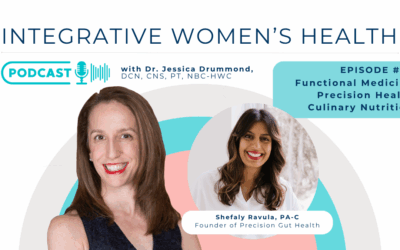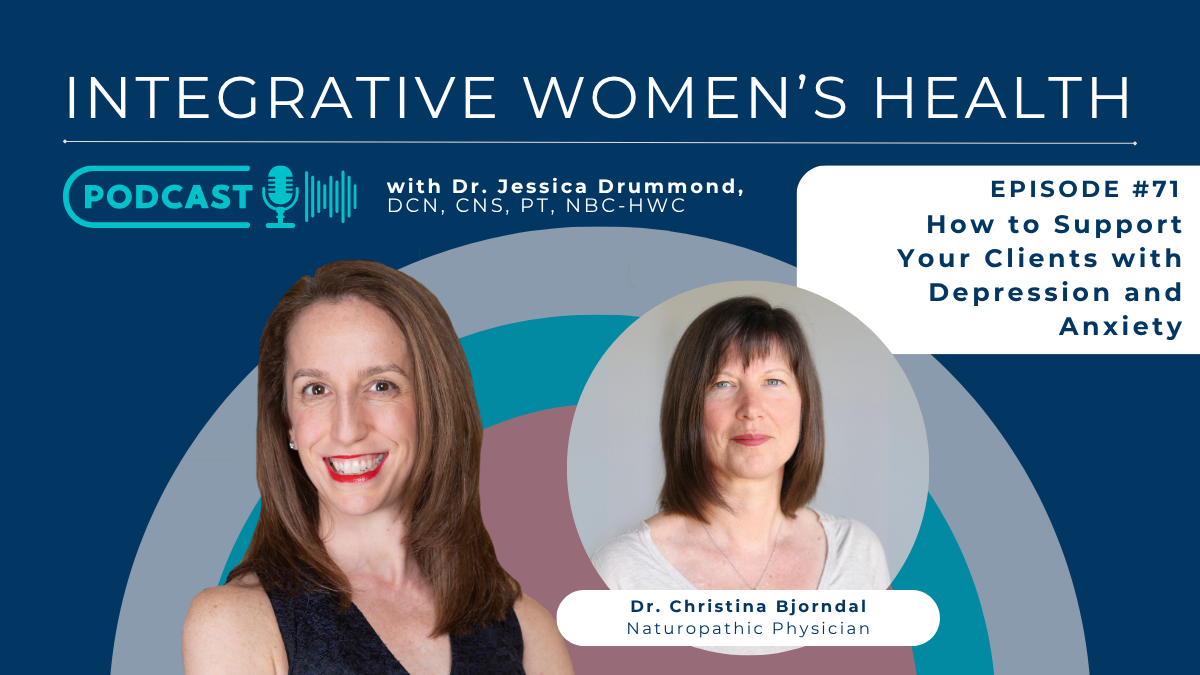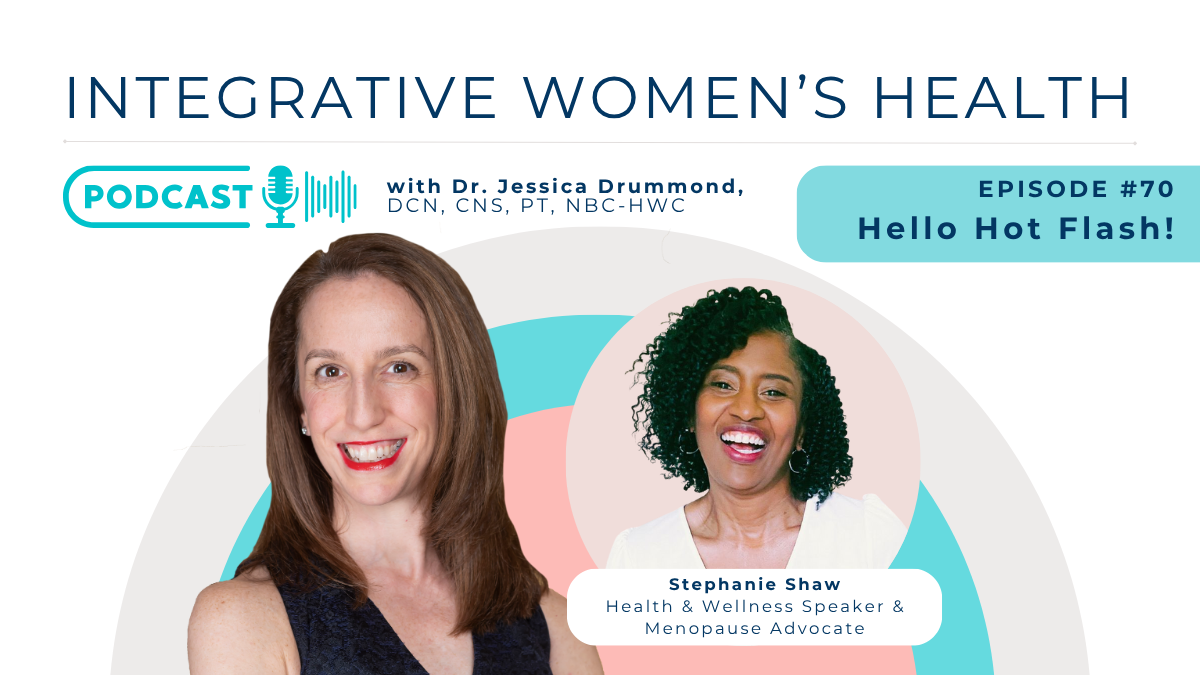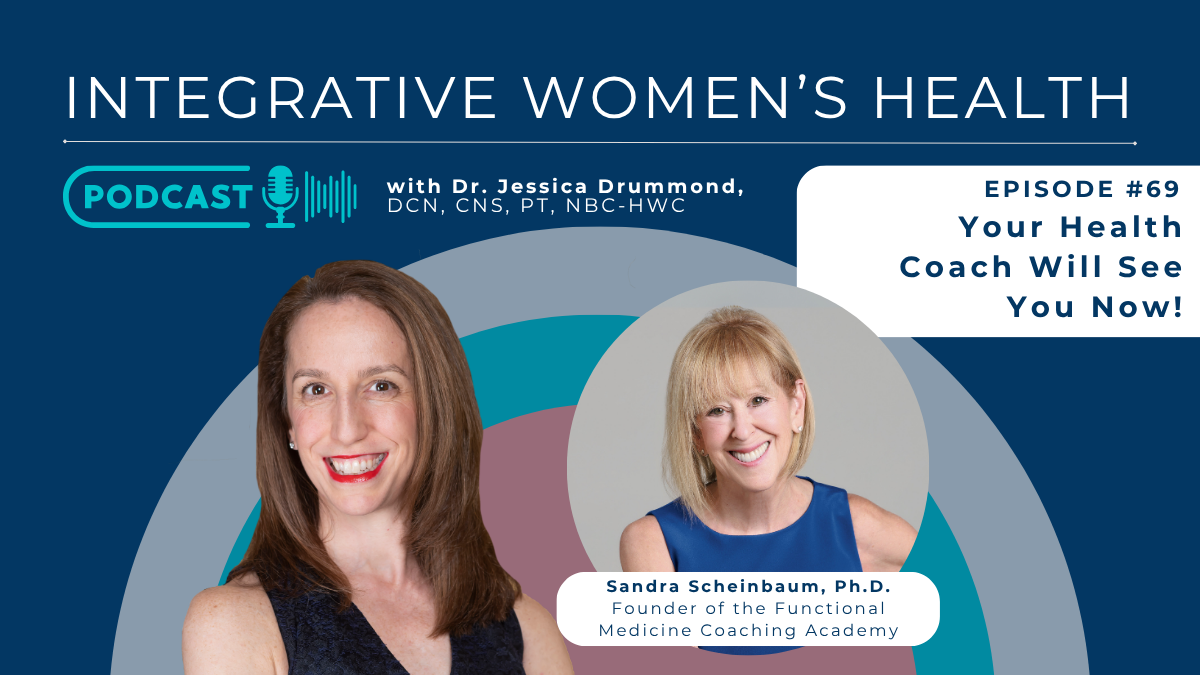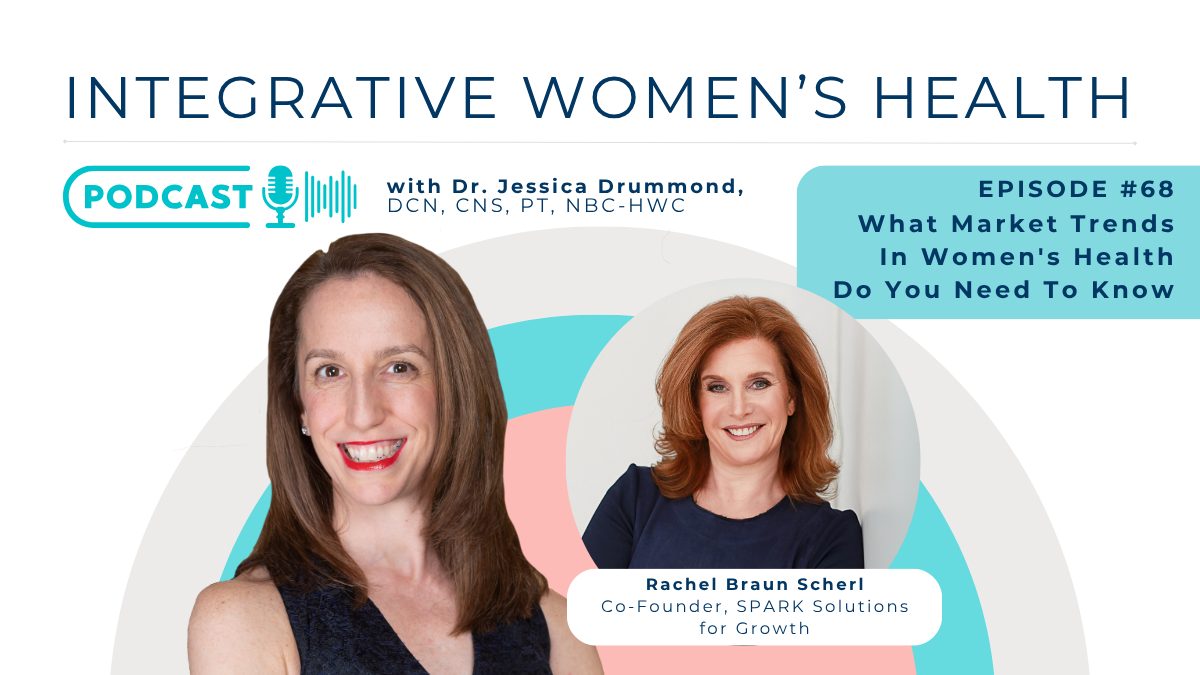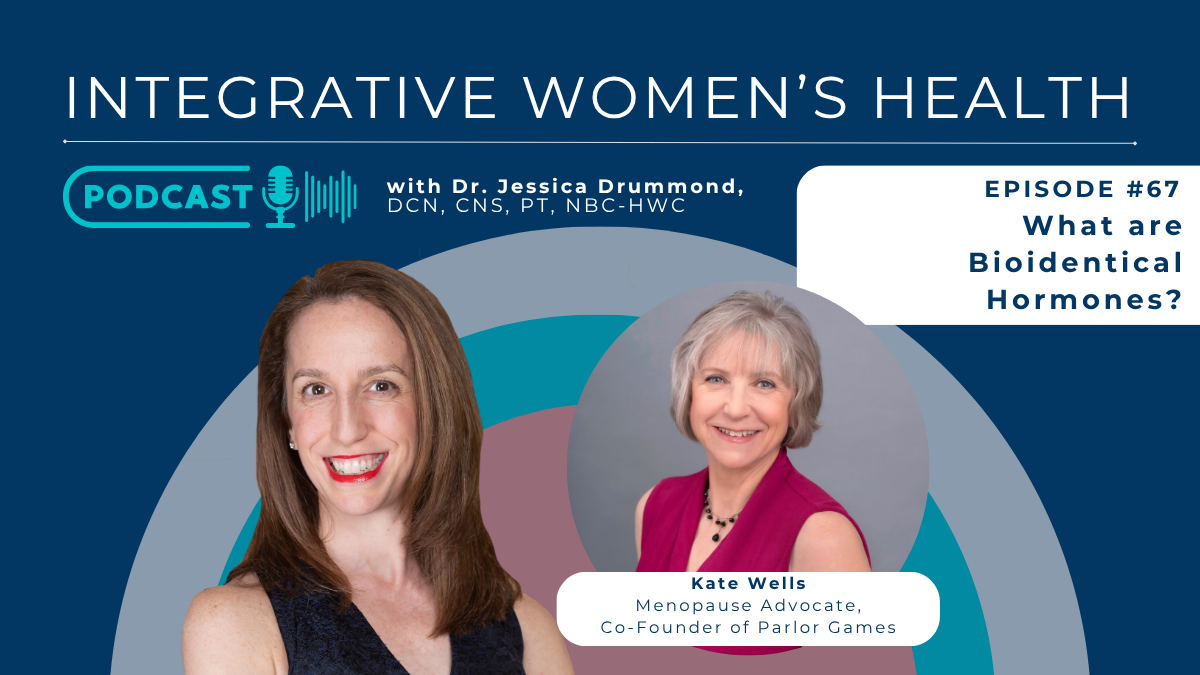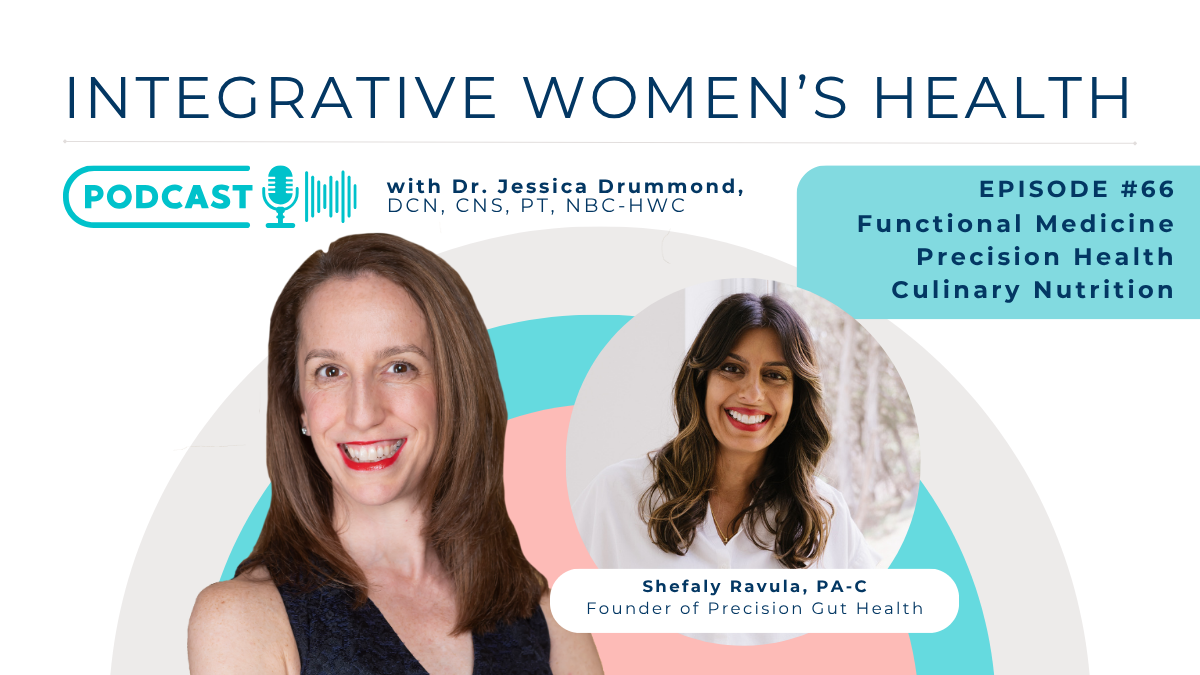Let’s dive into the top 5 supplements for menopause sleep disturbances! When our clients struggle with sleep challenges in menopause, they often ask what supplement to take to solve the problem?
Should they try the Tiktok viral tart cherry and magnesium sleep mocktail? What about melatonin? If so, how much.
Of course the correct answer is…it depends?
What is the underlying cause of your client’s sleep issue?
As a health professional focusing on women’s health and wellness, particularly around menopause, I understand the complexity and frustration that can come with this transition, especially when it comes to sleep.
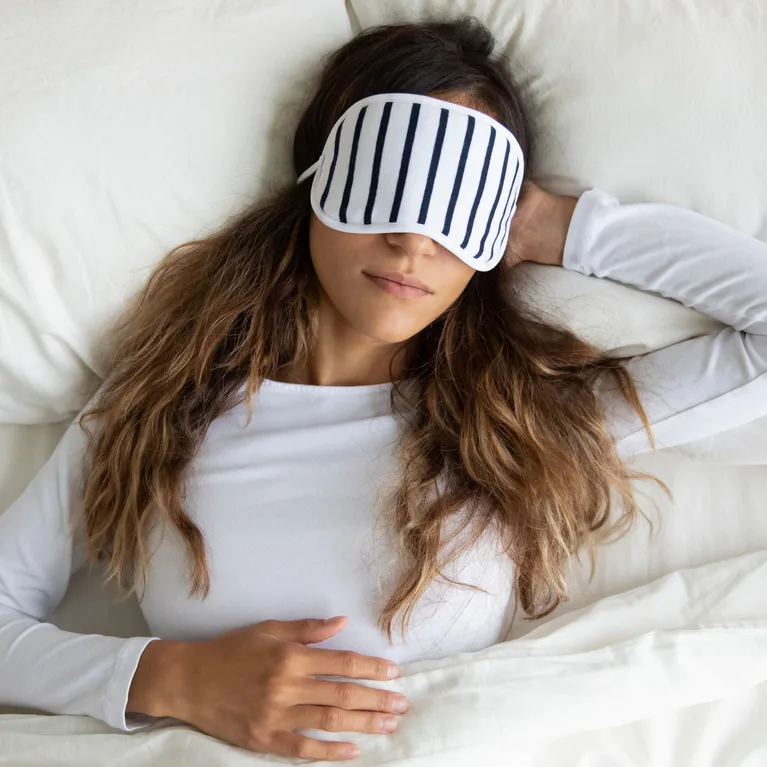
First, start with the foundations.
Does your client have a regular routine? Is she going to bed at roughly the same time each night? Is she stopping eating at least 2 hours before bed? Has she eliminated alcohol for a few weeks to see how that impacts her sleep?
Of course our clients can’t supplement their way out of poor nutrition, basic sleep hygiene, or sedentary lifestyle. But, there are many evidence-based supplements that can optimize sleep when consistent daily sleep schedule and hygiene habits are not enough.
Here are the top 5 supplements for sleep support that I recommend to our clients in perimenopause, menopause, and beyond who struggle with sleep.
1. L-Theanine stands out as a remarkable supplement. Found in green tea and mushrooms, it helps increase levels of neurotransmitters like GABA, serotonin, and dopamine.
These are crucial for regulating mood, alertness, and, importantly, sleep. By elevating these neurotransmitters, L-Theanine enhances calmness of the nervous system through the night, and improves sleep quality.
Specifically for women in perimenopause, l-theainine was most helpful for supporting falling asleep, staying asleep through the night, and sleeping longer.[1]

2. Magnesium is another key player. This vital mineral is involved in hundreds of biochemical reactions in the body, including sleep regulation. While randomized controlled trial data is mixed, observational studies support the use of magnesium for improving sleep quality, including less daytime sleepiness, reduced snoring, and improved sleep duration at night.[2] Magnesium is also effective in relieving symptoms like mood swings, generalized myofascial pain, and anxiety, which are common during the menopause transition. Magnesium can also relieve menstrual migraines, painful periods, and menopausal hot flashes. [3] Its role in bone health is especially crucial for postmenopausal women. Magnesium supplementation can improve bone mineral density and reduce fracture risk. [4]
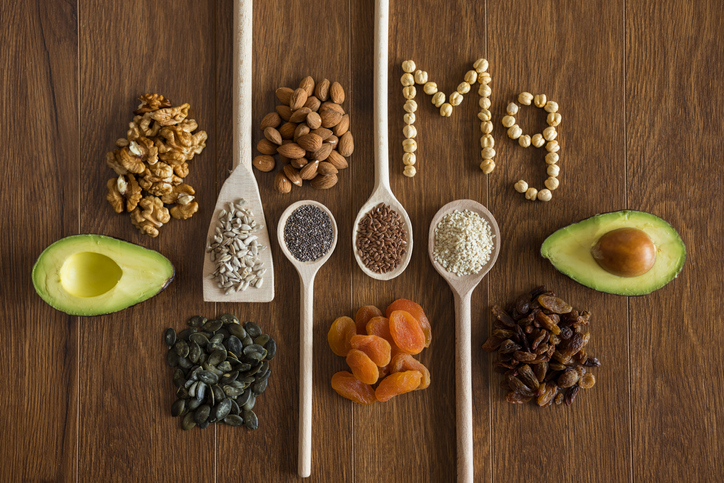
3. Valerian and Fennel have been studied in multiple randomized controlled trials in perimenopausal and menopausal women, and have been found to improve both hot flashes (though they did still increase in one study, less than in the placebo group) and sleep quality.
While this isn’t my first recommendation for hot flashes, there is strong data to support its use for improving sleep quality in perimenopausal and menopausal women. [5] [6]
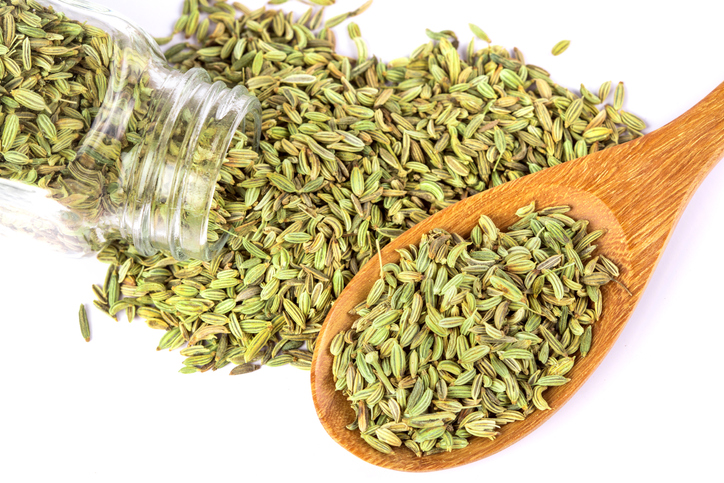
4. Melatonin has a depth of research behind it that is enviable. However, because supplementing with melatonin can alter levels of estrogen, progesterone and FSH, and has side effects, including nausea and headaches, it’s usually not my first choice. It is, however, beneficial for improving the LDL cholesterol and triglyceride levels that can sometimes increase due to the metabolic changes of menopause. There is also a fair amount of evidence that melatonin treatment has a favorable effects on bone density and BMI. In terms of sleep, melatonin improves EEG patterns and subjective sleep quality in postmenopausal women with preexisting sleep impairment. And, when dosed at 3 mg or more, it can improve hot flashes and night sweats in menopausal women. There is no evidence that taking melatonin will suppress your body’s natural production of melatonin.[7]
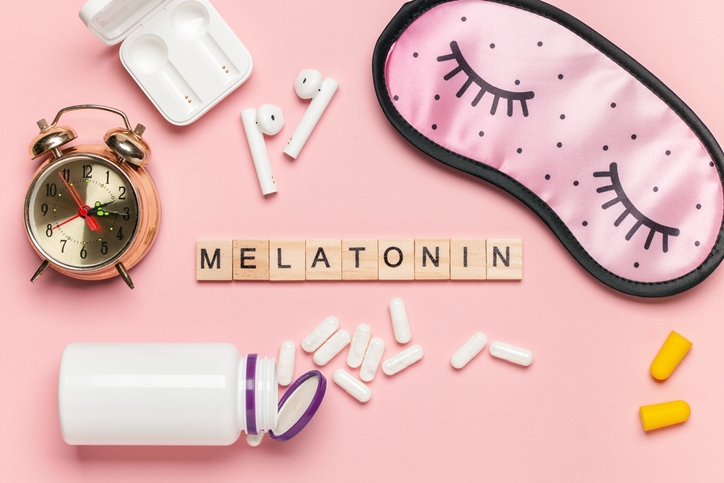
5. Lactium® (a casein peptide) was studied in a randomized controlled trial at a dose of 300 mg per day. It showed benefits in a population of 65% perimenopausal and menopausal women of improved subjective sleep quantity and quality, based on increased total sleep time and sleep efficiency, as well as reduced sleep latency and waking after sleep onset. Objective sleep parameters by actigraphy also showed significantly increased sleep efficiency, which was more clearly demonstrated after continuous use for four weeks compared to two weeks. [8] Interestingly, eating some dairy also increases the benefit of l-theanine.
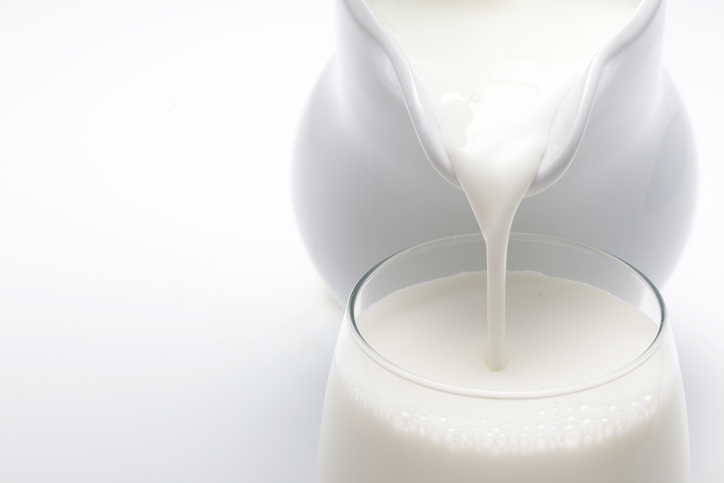
The benefits of 5-HTP (5-Hydroxytryptophan) and GABA are also noteworthy. As neurotransmitter precursors and supplements, these neuromodulating tools can aid in regulating both sleep and mood, especially anxiety.
They can help in reducing sleep onset time and the frequency of nighttime awakenings, offering a more restful sleep. This is particularly useful for those experiencing stress and anxiety linked to menopause.
As always, it’s essential to consider your client’s personalized needs when educating her on supplement options for sleep.
Consider her unique sleep challenge root causes, stressors, and lifestyle foundations before educating her on supplement options to support better sleep. Interested in more supplement recommendations for your perimenopausal and menopausal clients? Download our Mastering Menopause eBook below!

If you’ve already read Mastering Menopause and want to learn even more , check out our Perimenopause and Menopause Certificate Program.
References:
- Imafuku, F., Yamamoto, K., Tanaka, E., Aoki, R., & Nishino, S. (2023). Analysis of the Effects of Known Sleep-Support Supplements in Relation to Life Habits, Sleep Conditions, and Sleep Problems. Nutrients, 15(10), 2377. https://doi.org/10.3390/nu15102377
- Arab, A., Rafie, N., Amani, R., & Shirani, F. (2023). The Role of Magnesium in Sleep Health: a Systematic Review of Available Literature. Biological trace element research, 201(1), 121–128. https://doi.org/10.1007/s12011-022-03162-1
- Parazzini, F., Di Martino, M., & Pellegrino, P. (2017). Magnesium in the gynecological practice: a literature review. Magnesium in the gynecological practice: a literature review. Magnesium research, 30(1), 1–7. https://doi.org/10.1684/mrh.2017.0419
- Rondanelli, M., Faliva, M. A., Tartara, A., Gasparri, C., Perna, S., Infantino, V., Riva, A., Petrangolini, G., & Peroni, G. (2021). An update on magnesium and bone health. Biometals : an international journal on the role of metal ions in biology, biochemistry, and medicine, 34(4), 715–736. https://doi.org/10.1007/s10534-021-00305-0
- Taavoni S, Ekbatani N, Kashaniyan M, Haghani H. Effect of Sedamin capsule on sleep disorder among menopausal women. J Gorgan Univ Med Sci. 2012;14:39–45.
- Jenabi, E., Khazaei, S., Aghababaei, S., & Moradkhani, S. (2023). Effect of Fennel-Valerian Extract on Hot Flashes and Sleep Disorders in Postmenopausal Women: A Randomized Trial. Journal of menopausal medicine, 29(1), 21–28. https://doi.org/10.6118/jmm.22026
- Treister-Goltzman, Y., & Peleg, R. (2021). Melatonin and the health of menopausal women: A systematic review. Journal of pineal research, 71(2), e12743. https://doi.org/10.1111/jpi.12743
- Kim, H. J., Kim, J., Lee, S., Kim, B., Kwon, E., Lee, J. E., Chun, M. Y., Lee, C. Y., Boulier, A., Oh, S., & Lee, H. W. (2019). A Double-Blind, Randomized, Placebo-Controlled Crossover Clinical Study of the Effects of Alpha-s1 Casein Hydrolysate on Sleep Disturbance. Nutrients, 11(7), 1466. https://doi.org/10.3390/nu11071466
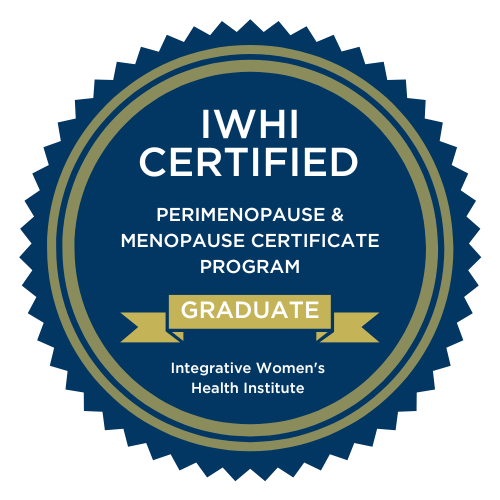
BECOME A PERIMENOPAUSE
& MENOPAUSE EXPERT
IN 6 MONTHS!
Fast-track to becoming a specialized perimenopause and menopause expert in under six months.
Receive an authenticated certificate to display on your website and in your office upon program completion.
Stand out in the marketplace as a practitioner who specializes in the management and treatment of perimenopause, menopause and associated symptoms and conditions.
Discover how to provide your clients in their 30’s through 50’s with the specialized support needed to help them address their symptoms while also growing your own practice and niche skillset.

Dr. Jessica Drummond
Founder & CEO
The Integrative Women’s Health Institute
At the Integrative Women’s Health Institute, we’ve dedicated 17 years to crafting evidence-driven, cutting-edge programs that empower practitioners like you to address the complexities of women’s health.
Dr. Jessica Drummond’s unique approach focuses on nervous system dysregulation, trauma, and mindset – essential elements often overlooked in traditional health education.
In addition, your training will be fully evidence based, personalized, and nuanced (this is not a cookie cutter approach) in functional nutrition, exercise, recovery, cellular health, and all other lifestyle medicine tools.
You’ll learn to support your clients with cutting edge tools safely and effectively.
Read Related Posts from The Integrative Women's Health Institute Blog:
Download The WHC Program Guide!
Enter your information to download your copy The Women’s Health Coach Certification Program guide.
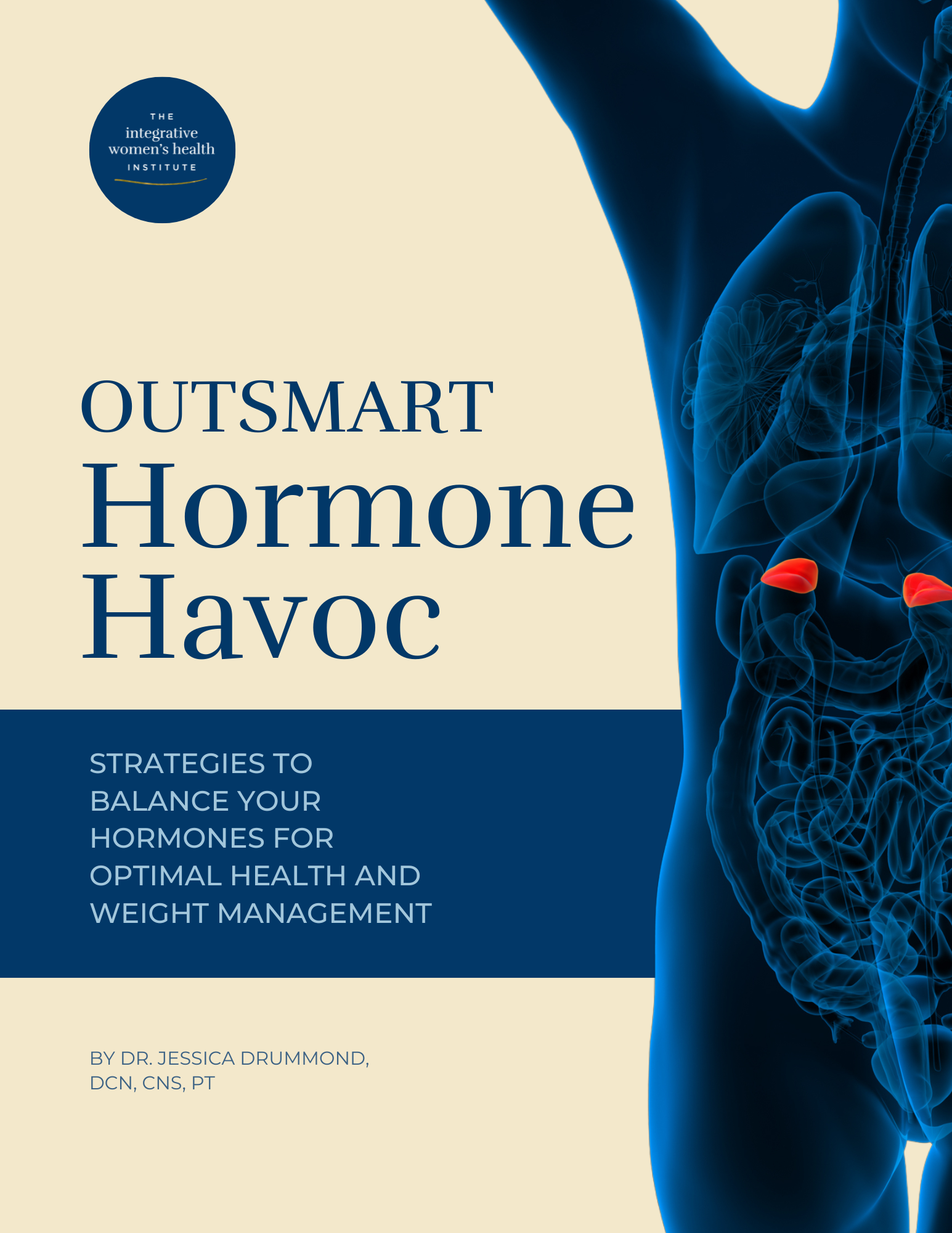
Download your free copy of the Outsmart Hormone Havoc eBook!

